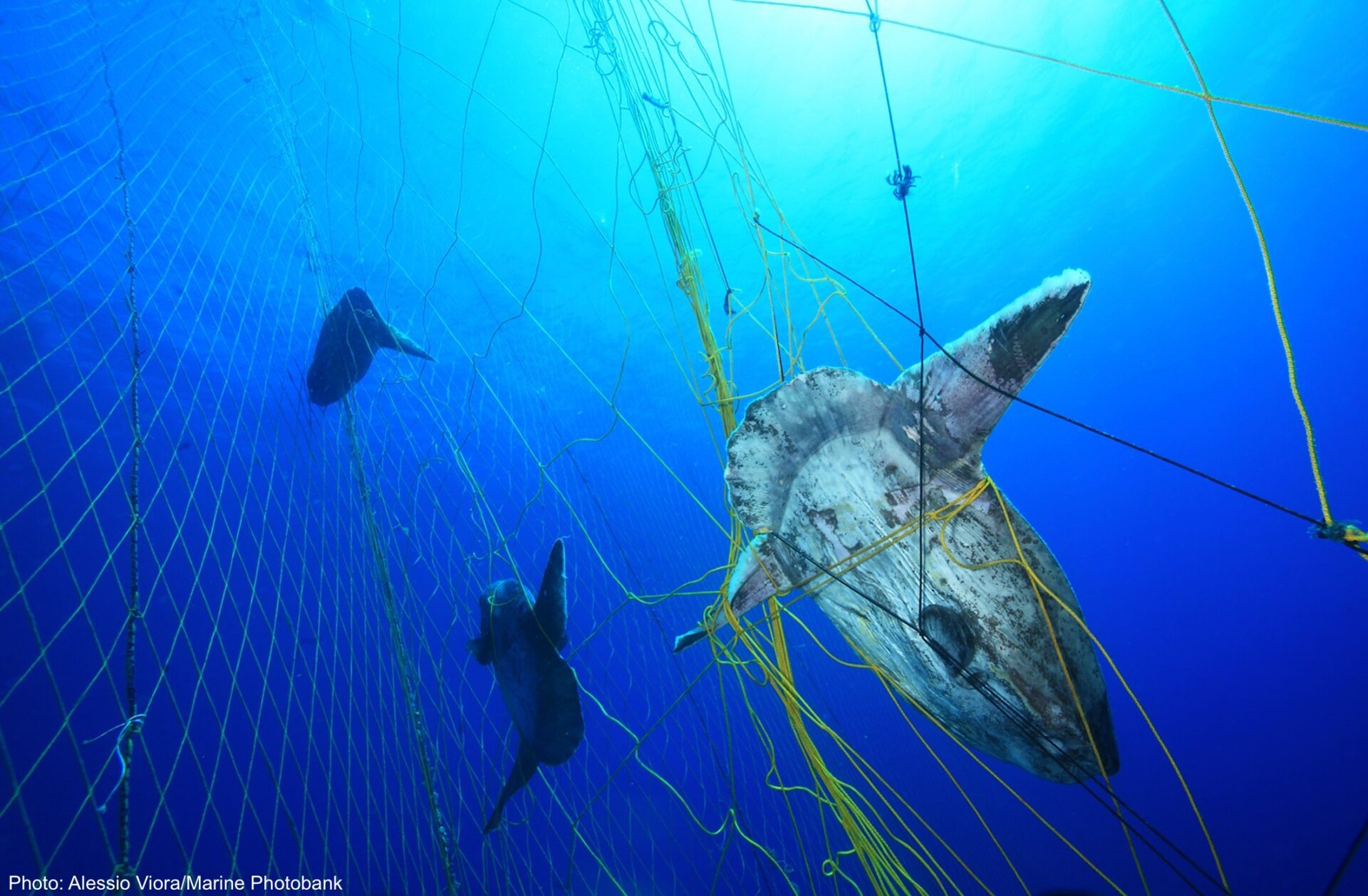Bycatch is when marine animals are accidentally caught in fishing nets meant to capture a specific species or size animal it can impact the entire marine ecosystem negatively like catching protected species

Bycatch: The Unintentional Capture that Threatens Marine Ecosystems

When it comes to commercial fishing practices, a significant concern arises from the unintentional capture of marine animals. “Bycatch” refers to the accidental trapping and subsequent release or disposal of non-targeted species that get caught in fishing nets designed to capture a specific species or size of animal. Despite its innocent name, bycatch has grave consequences on the delicate balance and biodiversity of marine ecosystems.
Bycatch often occurs due to the indiscriminate nature of fishing gear, such as trawls and gillnets. These nets are cast into the water to target a specific fish species, but unfortunately, they also trap other marine animals that happen to be in the vicinity. This unintentional capture frequently includes dolphins, turtles, seabirds, sharks, and other protected or endangered species.

The implications of bycatch on the marine ecosystem are far-reaching and severe. Not only does it result in the unnecessary loss of marine life, but it also disrupts the fragile balance that supports an array of interconnected species. Bycatch can lead to a decline in the populations of already vulnerable species, throwing ecosystems off balance and jeopardizing their ability to thrive.
One of the major concerns revolves around the bycatch of protected species. Despite legal protections, marine animals like turtles and dolphins still fall victim to the nets. This unintended capture interferes with conservation efforts and hampers the recovery of these protected species.
Bycatch also has ecological consequences beyond the immediate loss of individual animal life. Some species play critical roles in maintaining the health of marine ecosystems, acting as keystone species or serving as primary and secondary consumers in the food chain. When these species are unintentionally caught and removed from their natural habitats, the repercussions can be far-reaching, impacting the entire ecosystem in ways that are not fully understood.
Addressing the issue of bycatch is crucial to ensure the long-term sustainability of our oceans and the preservation of marine biodiversity. Conservation efforts have focused on developing and promoting more selective fishing methods that reduce the non-targeted catch, such as the use of escape devices in nets and modifications to fishing gear. These innovative strategies aim to minimize the impact on bycatch species while still allowing for the targeted capture of fish.
Furthermore, stricter regulations and monitoring practices have been put in place to protect vulnerable species and ecosystems from the harmful effects of bycatch. It is essential for governments, industry stakeholders, and environmental organizations to work collaboratively in implementing and enforcing these regulations to safeguard our fragile marine environments.
In conclusion, bycatch remains a significant concern in commercial fishing practices worldwide. Its unintentional capture of marine animals, including protected and endangered species, has severe ecological consequences that ripple through the delicate fabric of marine ecosystems. By prioritizing sustainable fishing methods and adopting stricter regulations, we can reduce the impact of bycatch and ensure the long-term health and vitality of our oceans.
Tags
Share
Related Posts
Quick Links
Legal Stuff

